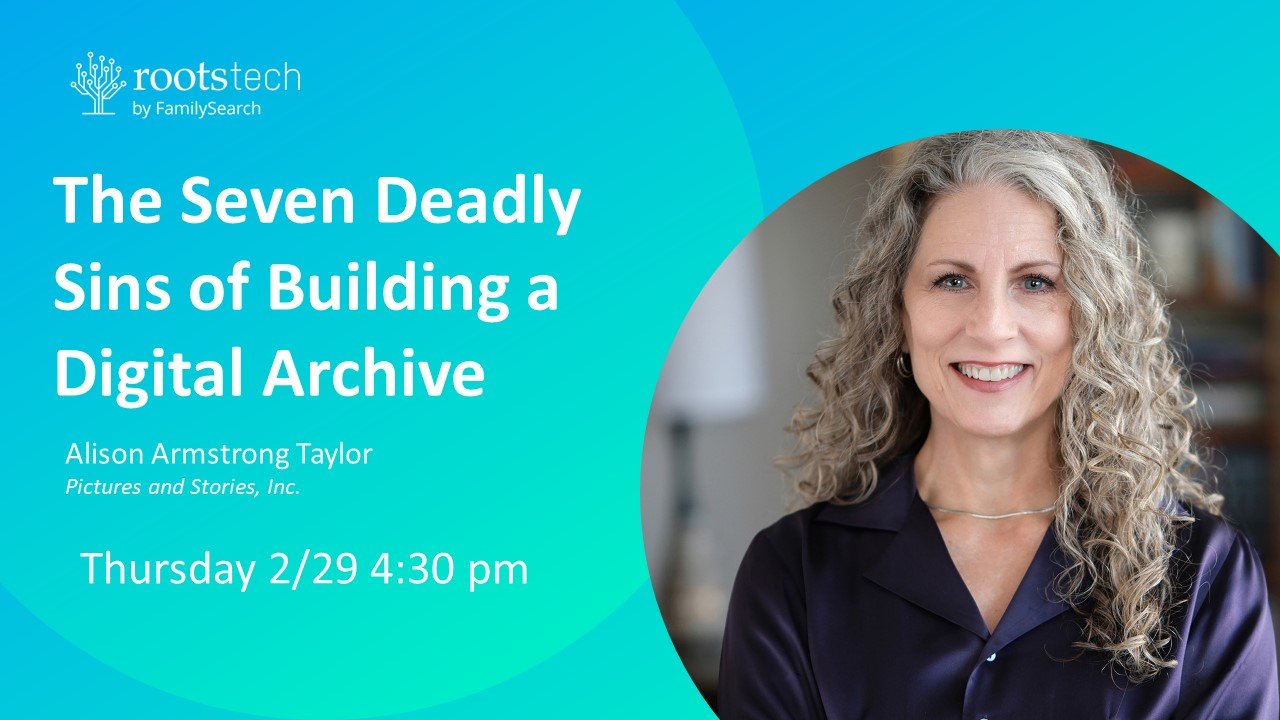Since it's Friday---and who doesn't love grammar advice on a Friday?---I'm going to show you a neat little trick that will make your writing clearer, stronger, and more to the point.
Which one of these phrases has more "oomph?"
1. The whole pie had been eaten by my sister. To get revenge, that night the pie plate was discovered, still sticky with goo, between her bed sheets.
2. My sister ate the whole pie. I wanted revenge! So I stuffed the empty pie plate, still sticky with cherry goo, between her bed sheets.
When you compare the two sentences side by side, the second sentence is obviously clearer and more forceful. The first one feels wishy-washy and not as dramatic. And it's not quite clear---who put the pie plate in the sheets? And did the night get revenge, or was it the pie? Whuuhh? In the second sentence, it is clear who is perpetrating both the pie-eating and the revenge. The first one, not so much.
Active: "You ate my pie; I'm gonna whup you." Passive: "This heinous pie theft shall be avenged."
"Active voice" constructions (sentence #2) create a direct and forceful sentence. Passive verb constructions, as in the first sentence, just tend to laze around and confuse people.
In active voice, the subject acts. The subject does that verb. In passive voice, the verb is acted upon. See the difference?
Passive voice is not always incorrect. There are times when it is used deliberately to avoid responsibility: "Mistakes were made" goes down easier with politicians than "I screwed up."
"Your service will be interrupted due to non-payment of your bill" (passive) suggests that the situation is beyond the control of both the water company and the consumer. "We, Acme Water Company, are shutting off your water because you didn't pay your bill," (active) is more truthful but not very customer-friendly.
Passive voice is used often in journalism when the subject is unknown, or isn't important to the story. "The bank on Main Street was robbed Friday night" makes sense, because the bank robber is unknown to the journalist.
But passive voice is seldom appropriate in memoir or autobiographical writing. Writing a first-person account is by nature personal. You want your reader to get inside your head, to see through your eyes. So your sentence structure should be more direct more often.
Active: "I will never forget my first trip to Paris."
Passive: "My first trip to Paris will always remain in my remembrance."
What is the stronger point, that you remember, or that Paris remains? The story isn't about Paris, it's about you. So march on up to that sentence and take control!
Want to test your knowledge of active vs. passive voice? Take a quiz here or here.




